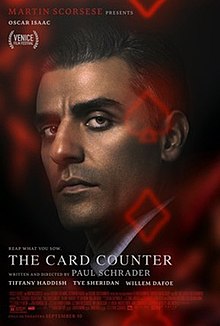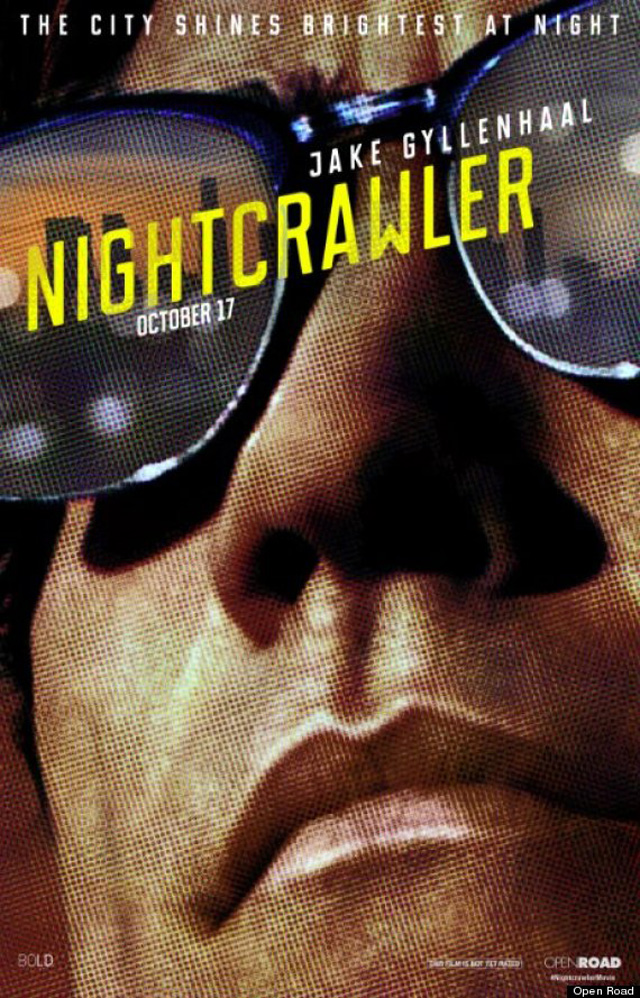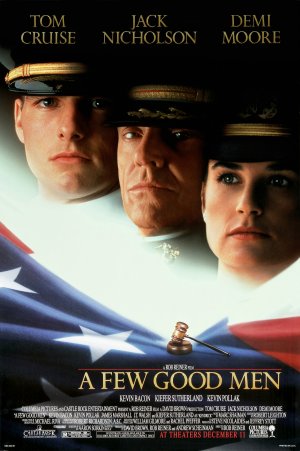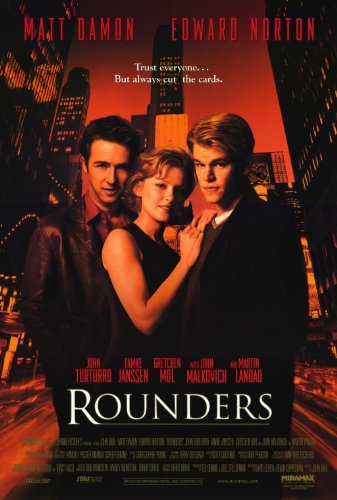
So much happens offscreen in ‘The Card Counter,’ you can’t keep track of it all
Despite cinema’s longtime association with war and military operations, Abu Ghraib is fairly untouched. The scandal occurred nearly a generation ago. Even filmgoers who were adults at the time probably need to do a Wikipedia check to recall what actually occurred — horrifying pictures, 11 U.S. soldiers court-martialed, apologies from President George W. Bush and Defense Secretary Donald Rumsfeld.
Blackjack and poker are also longtime cinematic staples. So are road trips. It may seem a reach that an Abu Ghraib figure could wind up at the World Series of Poker, but that's the career arc of one William Tell in Paul Schrader’s “The Card Counter,” an intriguing but detached revenge tale that requires far too much dialogue to fill us in on maybe about a tenth of what happened.
As William, Oscar Isaac, one of the world’s greatest actors, burnishes his already formidable ledger. He never flinches from the routine. Does he need a signature line, or move, to elevate William to the pop culture permanence of Travis Bickle? Yes, but waiting for William to unwind is worth the ticket. The problem is, when it happens, you almost wonder, Did I miss the movie?
It is one thing to employ the crutch of narration, as “The Card Counter” does. It is another to still require the most important pieces of information in a film to be dispensed in the form of speeches by characters who meet each other in the most unlikely of situations. In “The Card Counter,” civilian interrogation contractors go around giving meaningless speeches at ... casinos? Open to anyone? William is compelled to tell us in his opening remarks how the film is going to end. To fill in the blanks, we need a complete stranger, Cirk (pronounced with a hard “C”), to surface like Donald Sutherland in Oliver Stone’s “JFK” and let William know what happened to the families of the people who were disciplined over Abu Ghraib. Everything Cirk is telling to William, he should be telling to a shrink. As a matter of fact, that would be a fine use of the World Series of Poker money that William plans to collect.
Cirk is on the verge of madness. Like William, he apparently is in no contact with any relative or friend. Cirk’s story is the macguffin. We have to believe it. William does, from the initial details to the apparent later background check (again, another offscreen activity). We never meet Cirk’s dad. You’d think it would be enough for viewers to wonder merely what Abu Ghraib has done to William, but instead, they receive a whole household chain-of-command explanation to absorb why supposedly the biggest victim of it all — not, apparently, the guys stripped naked who might not’ve known anything — wasn’t even there. It would seem that maybe wire-transferring some of William’s earnings to folks who were incarcerated at Abu Ghraib may help him reach a state where he can sleep in a motel room without his own personal decor. But the opportunity to pay off student loan debt apparently wins out.
Road trips have fostered movie friendships for more than a hundred years. In most, the characters are forced to be together before realizing they’re having a good time. Schrader fails to give Cirk any reason to be part of this casino junket. Is Cirk cleverly recruiting William ... or issuing a desperate cry for help? It would seem more of the latter, except Cirk’s a little too well-prepared and apparently wants nothing except a confirmation, which he doesn’t get and doesn’t need. How Cirk can even begin to handle this kind of boredom defies belief. Casinos are intolerable places to be when one doesn’t have any money.
Cirk’s presence does allow William the chance to expand on the gambling primer he delivers to viewers. At first, we learn that William goes to casinos because he is good at counting cards. (Tip 1: Casinos are aware of card-counting. Tip 2: It doesn’t work as reliably as this film or “Rain Man” or “21” may indicate.) Then we’re led to believe he’s even better at poker because he can read the people as well as, or better, than the cards. But blackjack is his preferred game. At times, we learn why William doesn’t do roulette or sports wagering. He doesn’t even bother mentioning slot machines. (Evidently, craps and lottery tickets also missed the cut.) Advice to ponder for your next casino visit.
There’s a massive hint from William’s name that a great interrogator and a great poker player have something in common. That is Schrader’s most fascinating observation here. Indeed, someone specialized in determining whether a person is lying would seem to have a significant advantage in poker. Then again, the person with the most significant advantage is likely the person who has played poker forever, or at least a lot longer than William has. And so often, as the film makes clear in one interesting scene, it simply comes down to luck. You may be certain that your opponent has a good hand, but how good? Three 8’s, or three jacks?
In “Mississippi Burning,” Willem Dafoe is the good guy, or one of them, the federal government designee charged with making things right in an unruly state. His character’s problem in that film is that he analyzes the situation too methodically, is unable or unwilling to get into the hearts and minds of these people. In “The Card Counter,” we have a 180; Dafoe’s Major John Gordo decrees that established techniques for this type of duty may not deliver the desired results, and thus creativity is required, the type that would even shock his partner Gene Hackman in “Mississippi Burning.” For having such important military clearance, Gordo seems ill-prepared for the possibility of intruders, his home easily accessible on the Internet and lightly defended just days after someone showed up there and tried to kill him.
Proving that a subject possesses information that could save an innocent person’s life is a very high bar for military or law enforcement. One of the most dramatic depictions is the Kezar Stadium scene in “Dirty Harry,” in which a girl is known to be missing and a very bad individual, now collared, is likely the only one who knows where she is. Harry is punished for taking matters into his own hands despite his convincing motivation. Gordo on the other hand seems far more interested in the process than the outcome.
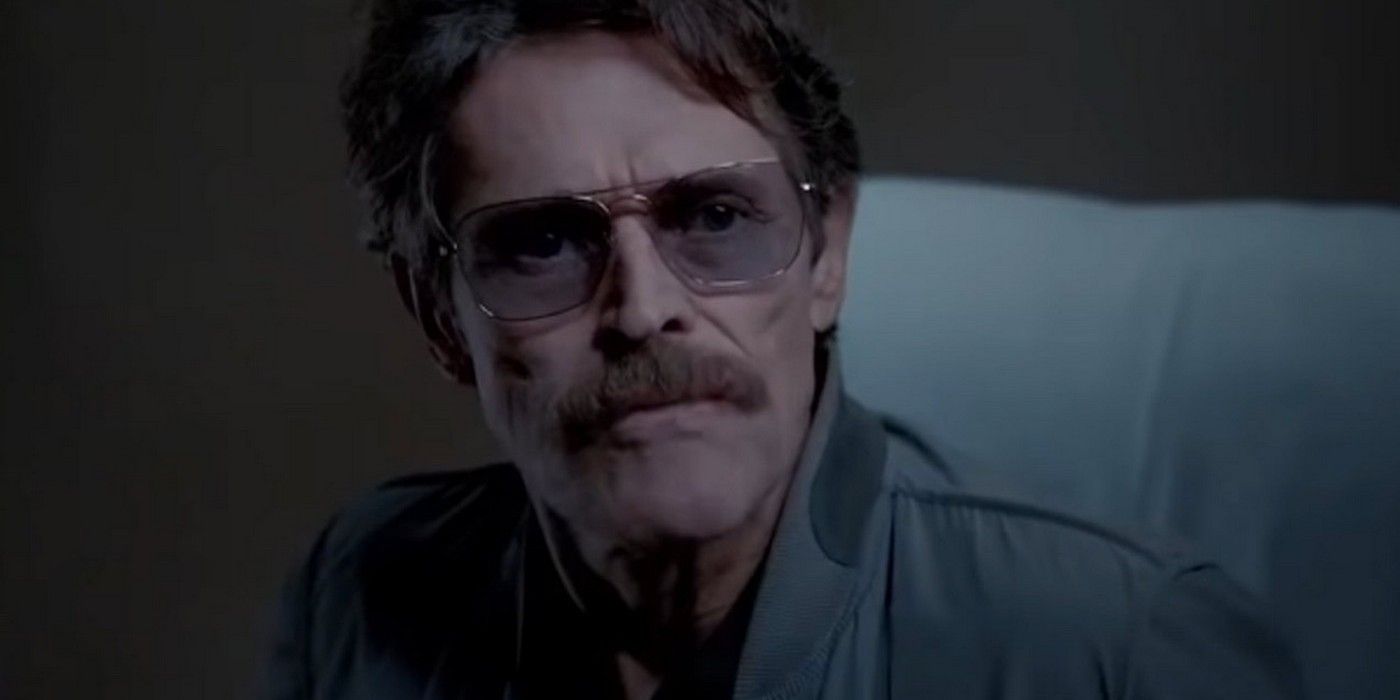
“The Card Counter” takes a stand against torture but also tries threading the needle. The definition of “torture” created fissures in the Republican Party around the time of the 2008 elections and occasionally surfaced in the news during the height of Guantanamo controversies, which faded after Barack Obama gave up on the subject by about 2010. Gordo is heard to declare for an official-type audience that the reason for tactics viewed by some as constituting torture is to prevent harm to Americans. The movie may actually agree with this on some level, except William is heard questioning, what if the torturees really don’t know anything, which prompts Gordo to shrug under his breath that basically, they all do.
Women in poker films have a habit of being the managers rather than the players. At most (“Molly’s Game”), they only get a cut of the action. That’s the case for Tiffany Haddish, who seems to scout for promising players in “The Card Counter” the way AAU coaches look for young basketball players. Haddish’s La Linda, like Elisabeth Shue in “Leaving Las Vegas,” has no idea what kind of baggage she is picking up here and probably should seriously question whether it’s all gonna be worth it. There have to be more downs than ups in this W-2-free line of work. But her detachment from the seemier side of this endeavor is refreshing and something for William to look up to. Let’s see — if the investor gets half and the player gets half, how much is left for the broker ... and who knew elite players needed brokers anyway. In “Rounders,” players are capable of putting together $30,000 bankrolls from scratch in a weekend.
It would seem that William is most interested in La Linda (like Major Gordo, a name with Spanish resonance) because she’s the only woman who ever noticed him. In her line of work, she must encounter hundreds of fast talkers, many of them losing money, many of them eager for a quickie. William is the exception. Their sudden romance feels turned on kind of like a light switch, but the scene is still lovely. Luckily he does not already know the nuances of her business, because then she wouldn’t have the opportunity to explain how it works in yet more dialogue from the film’s instruction booklet.

From the way he looks and talks, William sometimes resembles Louis Bloom, Jake Gyllenhaal’s protagonist in “Nightcrawler,” someone who is skilled in a line of work considered necessary but disturbing. At any moment, there’s the sense this fellow may become unhinged. But there’s also a big difference. William is a product of the system, tasked with following orders from a monster, while Lou is a self-made entrepreneur. One of them does something to the system, the other is enveloped by it.
Casinos are appealing visuals. So many people crammed together. So much drama in each flip of a card or roll of the dice. And so many lights. Schrader deflates this imagery with an impossible character — someone capable of long-term success in this endeavor who is determined to underachieve, apparently because A) he is concerned about being blacklisted, which is believable, and B) he is too shy to join the big poker scene. So William plays in subdued settings. “The Card Counter” prefers the lonelineness motif, afternoon gambling at low-budget operations, where there are always seats available at the table and absolutely no one else at the bars. Some people doing what William does are at or near rock-bottom. Yet he’s on the way back, earning tax-free money at will with no boss to answer to. A lot of folks would say he’s doing OK.
Debt is not exactly visual, in movies or real life. Once established, most people aren’t really eager to pay it off; there’s always a new need for the money. The weakest moment of “The Card Counter” occurs when William has apparently ascertained the amount of money he needs to win to pay off Cirk’s student-loan debt. That he somehow believes that Cirk is simply going to send these schools a check and re-up for another semester is almost worth a howl. If this debt is such a hindrance to Cirk, why is he traveling the country attending speeches on interrogation techniques?
Why does William tie up sheets around the fixtures of his motel rooms? For that, we need a walk through a light show. The sheets are Schrader’s way of telling us that no matter how disciplined and articulate and functional William may be in public, he has issues a mountain high. He must sleep in a laboratory-type setting where connection with beauty is disallowed. Perhaps William has decided he can never “get used to” the real world and is preparing for future incarceration, afraid of letting down his emotional guard, as he may have done in Iraq.
For every “Saving Private Ryan,” there are movies depicting anger over how the military chain of command devises setups or atrocities only to escape reprimand. One of the most famous is “A Few Good Men,” but then there also are “Apocalypse Now,” “Black Hawk Down,” “Clear and Present Danger.” Even “Top Gun” invokes military secrecy, as Mike Metcalf tells Pete Mitchell that Pete’s dad died in some kind of skirmish in an area that isn’t supposed to be official. “The Card Counter,” in a memorable couple of fleeting scenes, shows us what was going on and arrives at a single scapegoat — with collateral damage. William may not have taken any pictures of himself smiling at chained-up, naked detainees. It seems he got a raw deal.
3 stars
(September 2021)
“The Card Counter” (2021)
Starring
Oscar Isaac
as William Tell ♦
Tiffany Haddish
as La Linda ♦
Tye Sheridan
as Cirk ♦
Willem Dafoe
as Gordo ♦
Alexander Babara
as Mr. USA ♦
Bobby C. King
as Slippery Joe ♦
Kat Baker
as Sara ♦
Bryan Truong
as Minnesota ♦
Dylan Flashner
as Sergeant Hoskins ♦
Adrienne Lau
as Crystal ♦
Joel Michaely
as Ronnie ♦
Rachel Whitney
as Nancy ♦
Muhsin Fliah
as Civilian Translator
Joseph Singletary III
as Inmate ♦
Kirill Sheynerman
as Prison Guard ♦
Amia Edwards
as Tournament Clerk ♦
Britton Webb
as Roger Baufort ♦
Amye Bousset
as Judy Baufort ♦
Dior Choi
as Local Newsman ♦
Billy Slaughter
as Lackey #1 ♦
Shane LeCocq
as Lackey #2 ♦
Olivia Peck
as MP ♦
Rob Eubanks
as Second Player
Directed by: Paul Schrader
Written by: Paul Schrader
Producer: Lauren Mann
Producer: Braxton Pope
Producer: David M. Wulf
Co-producer: Andrea Chung
Line producer: Jake Van Wagoner
Executive producer: Catherine Boily
Executive producer: Tiffany Boyle
Executive producer: Lee Broda
Executive producer: Philip Burgin
Executive producer: Anders Erdén
Executive producer: Santosh Govindaraju
Executive producer: Patrick Hibler
Executive producer: Martin McCabe
Executive producer: Joel Michaely
Executive producer: Kathryn M. Moseley
Executive producer: Patrick Muldoon
Executive producer: William Olsson
Executive producer: Stanley Preschutti
Executive producer: Elsa Ramo
Executive producer: John Read
Executive producer: Jeff Rice
Executive producer: Jason Rose
Executive producer: Martin Scorsese
Executive producer: Mick Southworth
Executive producer: Kyle Stroud
Executive producer: James Swarbrick
Executive producer: Elton Tsang
Co-executive producer: James T. Bruce IV
Co-executive producer: Joseph Lanius
Co-executive producer: Adrienne Lau
Music composed by: Robert Levon Been, Giancarlo Vulcano
Cinematography: Alexander Dynan
Editing: Benjamin Rodriguez Jr.
Casting: Susan Shopmaker
Production design: Ashley Fenton
Art direction: Christine Brandt
Set decoration: Mary Goodson
Costumes: Lisa Madonna
Makeup and hair: Kathy Mills Lynch, Ryan McCormick, Molly Moonanne Sanders, Megan Gorley
Production supervisor: John Foss
Unit production manager: Jake Van Wagoner
Post-production supervisor: Micah Young
Stunts: Nicolas Bosc, Adam Rivette, Adam Horwitz, Brian Philpot, Ned Yousef, Cemalettin Göçmen
